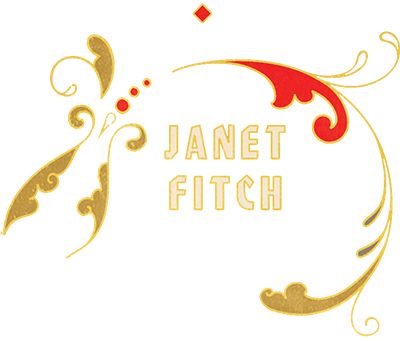THE REVOLUTION OF MARINA M.
Acknowledgements
The people to whom I owe gratitude in the writing of those book would populate a small but extremely beautiful city. First, I would like to offer thanks to the heroes of my writing life, my writer’s group, David Francis, Rita Williams and Julianne Ortale, whose unfailing support saw this book through its long gestation. Also to my daughter Allison Strauss, whose sharp eye proved instrumental in shaping the version of the novel you hold in your hands today. To my tireless editor, Asya Muchnick at Little Brown, who took on Marina’s epic journey without a backwards look. To my agent and champion Warren Frazier at John Hawkins and Associates, ever in my corner as the book and I went eighty rounds, and to Bill Reiss, for changing my life. Thank you to Boris Dralyuk, gentle friend and sounding board, for essential insights and for creating original translations for much of the Russian poetry which appears in this book. To the irreplaceable Dr. Judson Rosengrant, close reader and literary Virgil into the manners and mores of the Russian intelligentsia. And thank you to my earliest reader Jane Chafin for your curiosity and long friendship, and to Karen Landry, the production editor who moved mountains for this beautiful book.
Depthless gratitude goes to the Likhachev Foundation of St. Petersburg, Russia, the research fellowship which opened Marina’s world for me. Without you, I would still be pressing my nose to the windows of Revolutionary Petrograd. Instead, you swung wide the doors. Thank you with all my heart to Alexander Kobak, Director, and Elena Vitenberg, Inna Sviderskaya, Anna Shulgat, Sasha Vasiliev, Boris Poleschuk, and Ksenia Pikaliova (Kobak) and many others for their generosity and care. Through my Likhachev fellowship, I was able to reach out to some of the most prestigious cultural institutions in St. Petersburg. At the Akhmatova Museum, many thanks to director Nina Popova, Tatyana Poznyakova, head of the Education Department, and Masha Korosteleva, curator. At the Museum of Political History, my gratitude to curators Alexander Kalmykov and Alexey Kulegin. At the Museum of the City of St. Petersburg, thanks to Research Secretary Irina Karpenko, and Deputy Director Julia Demidenko. At the Dostoyevsky House Museum, thank you to Deputy Director Vera Biron for the tour of the Dostoyevsky district and having me speak about this project at the Museum. And special thanks to translator Eireene Nealand for alerting me to the Likhachev Foundation, and for introducing me to contemporary St. Petersburg poets. And thanks to Tobin Auber, editor of the St. Petersburg Times, for your warm welcome and insider views. And abiding gratitude to Andrey Nesteruk and his parents for their memorable tour of hidden St. Peterburg.
Research was the oxygen in the water of this novel. I thank the eminent Russian historians Alexander Rabinowitch and Arch Getty, social historian Choi Chatterjee, and art historian John Bowlt for their precious help, as well as the H-Russia List-Serv, and teacher and translator Natalya Pollack I thank the USC libraries for the richness of their collection and my access to it, and Reed College, whose 2007 Alumni trip under the guidance of Dr. Rosengrant informed so many aspects of this work.
Novelists not only require the world, they also require retreat from the world, and I have found many a kind harbor for myself and my crates of binders and books. Many thanks to those who offered me shelter and the gift of time—Eduardo Santiago and Mark Davis of Idyllwild, CA; David Lewis and Liz Sandoval of Portland, OR; Brett Hall Jones, Louis Jones, and the Hall Family of Squaw Valley, CA; Andrew Tonkovich and Lisa Alvarez of Modjeska Canyon, CA; Jan Rabson and Cindy Akers of Salt Spring Island, BC; Wendy Goldstein and Sharon Smith of Manitou Springs, CO; Sally Wright of Idyllwild, CA; and the Helen R. Whiteley Fellowship, University of Washington Friday Harbor Laboratories, San Juan Island, WA.
Though they live only in my heart now, I would like to thank my father, Vernon Fitch, who long ago put Dostoyevsky into my restless hands, leading me into a lifelong love of Russia, and my mother, Alma Fitch, who taught me that girls can do anything.
Most of all, I want to thank my most generous husband Andrew John Nicholls, who stuck with me throughout this long labor, read so many drafts, calmed so many storms, cheered me when it looked bad and encouraged me to celebrate prematurely whenever possible. “If you don’t celebrate prematurely,” he says, “You’ll never taste champagne.” I love you more than I can say.

